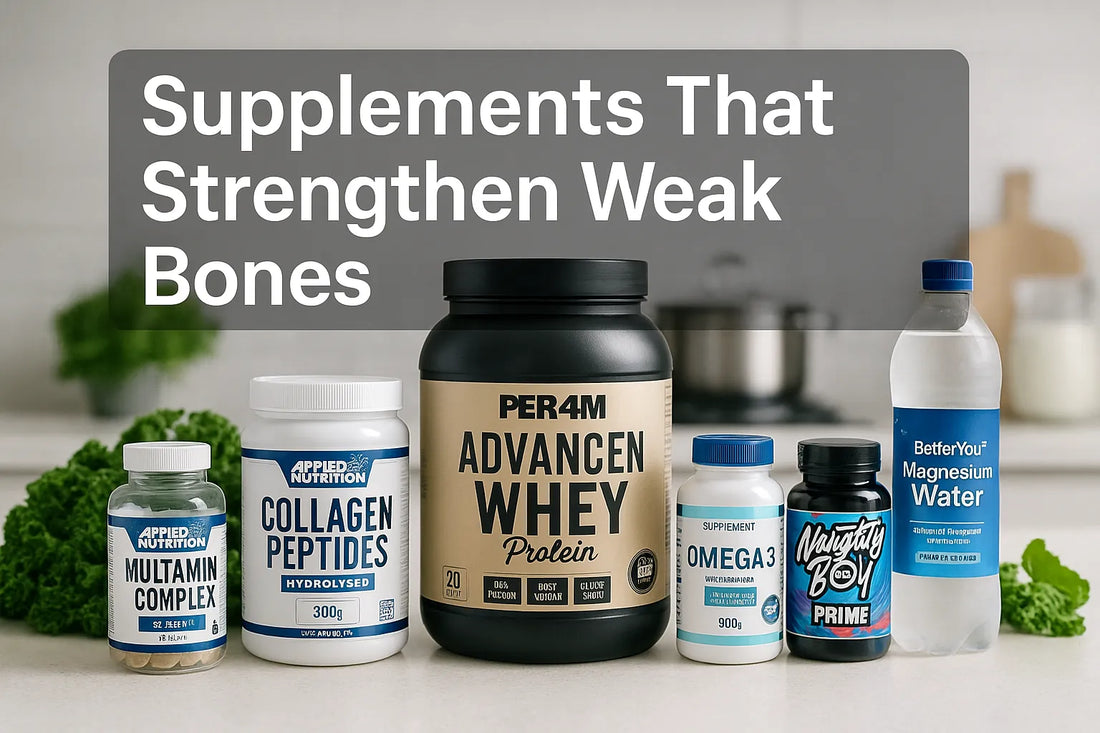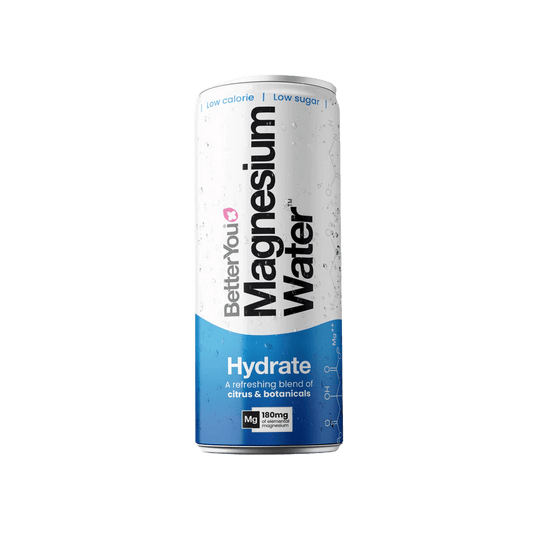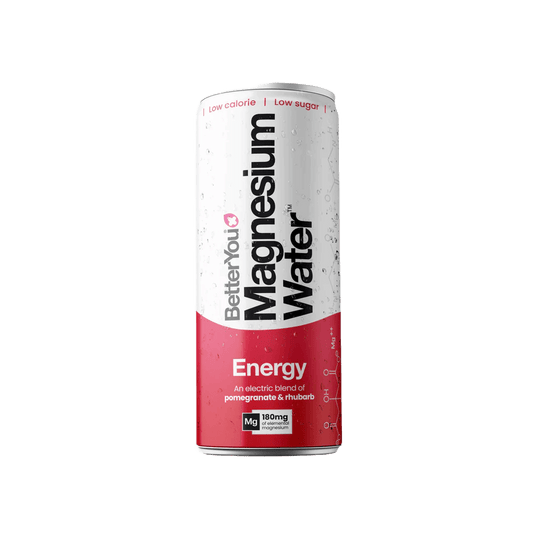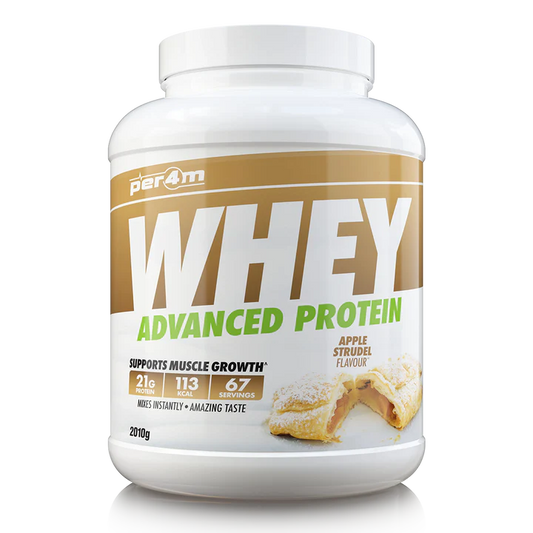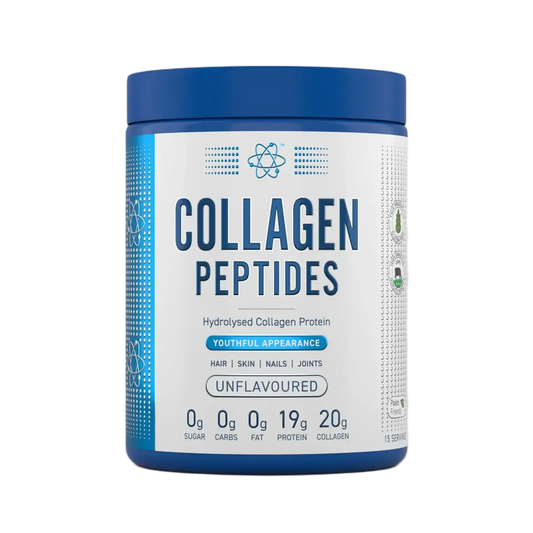Introduction: Why Bone Strength Matters
Bones don’t get much attention in most health conversations. People talk about muscle growth, fat loss, or even brain health, but rarely the skeleton that holds it all together. The truth is, bone health is central to living a strong, active life. Every movement you make — from walking up the stairs to setting a new squat personal best — relies on your bones being strong enough to handle the load.
The problem is that bones weaken silently. You don’t feel your bone density dropping. There’s no obvious “pump” or soreness to warn you. It often takes years before weak bones reveal themselves in the form of back pain, posture changes, or fractures. By that point, much of the damage is already done.
This is why prevention is critical. Bone density peaks by around age 30, and after that it’s all about maintenance. If you’re in your 20s, you’re building your peak. If you’re in your 40s or 50s, you’re protecting what you’ve got. And if you’re older, you’re trying to slow down loss and reduce fracture risk.
Supplements are powerful here. They won’t magically make your skeleton indestructible, but they can fill gaps in diet, support mineral balance, and help you maintain a framework that’s strong and resilient. When combined with exercise and nutrition, the right stack can mean the difference between weak, brittle bones and a healthy, mobile body well into old age.
1) What Supplements Are Good for Weak Bones?
When someone asks, “What can I take for weak bones?” most people think only of calcium. While calcium is important, it’s just one piece of a much bigger puzzle. Bones aren’t just hunks of calcium — they’re living tissue made up of minerals, proteins, and connective tissue that constantly remodels itself.
For bones to stay strong, you need:
-
Calcium → provides hardness and density.
-
Vitamin D → allows calcium to be absorbed and used properly.
-
Collagen → the protein matrix bones are built on.
-
Protein → makes up half of bone structure by volume.
-
Magnesium → regulates calcium placement and bone mineralisation.
-
Omega-3 fatty acids → reduce inflammation and help prevent bone breakdown.
💡 Applied Nutrition Multi-Vitamin Complex is a smart place to start. It doesn’t just give you vitamin D — it also provides a spectrum of vitamins and minerals that support bones in ways people don’t always think about. B-vitamins, vitamin C, and trace minerals all contribute to energy metabolism, collagen synthesis, and overall repair.
By covering multiple gaps at once, a multivitamin lays the foundation for stronger bones. Think of it as your insurance policy.

2) What Is the Best Supplement for Bone Density?
Bone density is essentially a measure of how tightly packed the minerals in your bones are. Higher density = stronger bones. Lower density = higher risk of fractures.
The absolute cornerstone nutrients for bone density are calcium and vitamin D. Calcium gives bones their strength, while vitamin D ensures your body actually absorbs it from food and supplements. Without vitamin D, calcium can pass right through your system unused.
This is particularly important in the UK, where vitamin D deficiency is extremely common due to limited sunlight exposure. In fact, Public Health England recommends everyone supplement with vitamin D during autumn and winter.
💡 Applied Nutrition Multi-Vitamin Complex provides a reliable daily dose of vitamin D, ensuring your calcium is being used efficiently. It’s not flashy, but it’s essential — and without it, no other bone supplement works as effectively.
3) Can You Regain Bone Density?
This is one of the most common questions people ask once they realise bone strength declines with age. The answer is encouraging: yes, bone density can be improved, though the degree depends on your starting point.
Bone is living tissue that responds to stress. With the right nutrition, supplementation, and exercise, you can stimulate new bone formation and reduce the rate of loss. While it may not always be possible to “reverse” osteoporosis entirely, you can absolutely move the needle in a positive direction.
What helps here?
-
Collagen peptides → form the scaffolding that calcium binds to. Without collagen, bones become brittle.
-
Protein → provides the raw material for repair and rebuilding.
-
Vitamin D + magnesium → ensure calcium is effectively deposited into bones rather than wasted.
💡 Applied Nutrition Collagen Peptides 300g directly supports bone structure. Collagen makes bones less brittle by giving them flexibility as well as strength. This flexibility is critical because bones need to absorb shock, not just resist it. Regular collagen supplementation has been shown to improve bone metabolism and density over time.

4) How Can I Make My Weak Bones Stronger?
Strengthening weak bones isn’t about just popping one pill. It’s about combining multiple strategies into a consistent lifestyle.
-
Improve your diet. Eat calcium-rich foods like spinach, kale, fortified plant milks, and salmon.
-
Get enough protein. Protein is often overlooked, but it’s half of bone structure by volume.
-
Exercise regularly. Weight-bearing activity like walking, resistance training, and even dancing stimulates new bone growth.
-
Add targeted supplements. Fill in the nutrient gaps to ensure your body always has what it needs to repair and strengthen bone tissue.
💡 Per4m Advanced Whey Protein is one of the simplest but most effective additions for bone health. Protein shakes aren’t just for bodybuilders — they’re a reliable way to ensure you’re hitting daily protein targets, which keeps both muscles and bones in good repair. Without enough protein, bones become fragile over time.
If your bones feel weak, it’s often because your whole body is under-fuelled. Protein supplementation is an easy win.

5) Can Osteoporosis Be Reversed With Exercise?
Osteoporosis literally means “porous bones.” It’s when bone density drops so low that bones become fragile and prone to fractures. Once diagnosed, people often ask whether it can be reversed.
The truth: full reversal is rare. But slowing, stabilising, and even slightly improving bone density is very achievable. Exercise plays a huge role here.
The best exercises for bone health are:
-
Resistance training → lifting weights or using bands provides direct stress on bones.
-
Weight-bearing activities → walking, hiking, or stair climbing keep bones stimulated.
-
Balance training → yoga and Pilates help prevent falls, which is critical when bones are fragile.
Supplements complement exercise by ensuring your bones have the raw materials they need to respond to the stress.
💡 Supplement Needs Omega 3 deserves special mention. While omega-3 is often linked with heart health, it also reduces inflammation in bones and joints, making exercise safer and more comfortable. Lower inflammation means better recovery and less breakdown — a key factor in protecting against osteoporosis progression.
✅ What We’ve Looked Into So Far
By this stage, we’ve built a clear picture:
-
Weak bones need more than calcium.
-
Vitamin D (via a multivitamin) ensures calcium is absorbed.
-
Collagen peptides provide the bone matrix structure.
-
Protein intake directly supports stronger bones.
-
Exercise can slow or stabilise osteoporosis progression.
-
Omega-3 reduces inflammation, protecting joints and bone tissue.
So far, we’ve highlighted five stocked products:
- Applied Nutrition Multi-Vitamin Complex
- Applied Nutrition Collagen Peptides 300g
- Per4m Advanced Whey Protein
- Supplement Needs Omega 3
-
BetterYou Magnesium Water (to come in Part 2, but keep it in mind).
🔜 Part 2 will dive deeper into deficiencies, magnesium, the role of creatine in exercise for bone strength, and the ultimate supplement stack to keep bones healthy.
Supplements That Strengthen Weak Bones (Part 2)
6) What Deficiency Makes Your Bones Weak?
Weak bones aren’t usually the result of one single factor. They’re the outcome of long-term deficiencies that chip away at bone resilience over years. The most common culprits are:
-
Calcium deficiency → without calcium, bones lose their structural hardness.
-
Vitamin D deficiency → widespread in the UK due to limited sun. Without it, calcium can’t be absorbed efficiently.
-
Magnesium deficiency → less obvious but just as important. Magnesium regulates calcium placement, keeping it in bones rather than soft tissues.
-
Protein deficiency → surprisingly common in older adults and busy professionals. Without enough protein, bones lose their ability to repair and rebuild.
💡 BetterYou Magnesium Water stands out here. Most people overlook magnesium, yet it’s crucial for strong bones. This refreshing drink replenishes magnesium while also keeping hydration levels high, a double benefit for long-term skeletal health.
7) What Are the Best Exercises to Increase Bone Density?
Supplements give your body the raw materials, but exercise tells it what to do with them. Bones respond directly to stress: the more you challenge them, the stronger they become. That’s why astronauts in space lose bone mass — without gravity and resistance, bones weaken rapidly.
The best forms of bone-strengthening exercise are:
-
Resistance training → weights, bands, or bodyweight training all provide load-bearing stress.
-
Weight-bearing exercise → walking, hiking, running, or dancing.
-
High-impact exercise → skipping, jumps, and sports for those who can do them safely.
💡 Naughty Boy Prime Creatine helps here. Creatine isn’t just about muscle pumps — it improves strength, endurance, and recovery. For bone health, this matters because stronger muscles mean more effective weight-bearing workouts, which in turn stimulate bones to adapt and get denser.

8) Does Magnesium Help Bone Density?
Yes. Magnesium is one of the unsung heroes of bone health. Here’s why it matters:
-
It regulates how calcium is deposited in bones.
-
It activates vitamin D, allowing calcium to be absorbed.
-
It supports enzymes responsible for bone formation.
Low magnesium intake has been linked to higher rates of osteoporosis and fractures. Unfortunately, many diets are chronically low in magnesium because processed foods dominate modern eating habits.
💡 BetterYou Magnesium Water is a convenient solution. Instead of swallowing more capsules, it hydrates you while also delivering one of the most bone-critical minerals. Consistency is key, and magnesium water makes it easy to stay topped up.
9) What Vitamins Are Good for Bone Strengthening?
Beyond the obvious calcium and vitamin D, there are several vitamins worth paying attention to:
-
Vitamin K → ensures calcium ends up in bones rather than arteries.
-
Vitamin C → needed for collagen synthesis.
-
B vitamins → help with energy metabolism and repair.
-
Vitamin D → still the number one nutrient for bone support.
💡 Applied Nutrition Multi-Vitamin Complex covers all of these bases. Instead of juggling bottles, you get broad-spectrum support in one daily serving, ensuring you never miss the small but vital nutrients that strengthen bones.

10) Can Vitamin D Reverse Osteoporosis?
On its own, vitamin D won’t reverse osteoporosis. But when combined with the right nutrition, exercise, and supporting supplements, it can help slow progression and reduce fracture risk.
Vitamin D’s main job is to help your body absorb calcium. Without enough vitamin D, even a calcium-rich diet won’t prevent weak bones. When paired with protein, collagen, and magnesium, it becomes part of a powerful strategy to protect skeletal health.
💡 Applied Nutrition Multi-Vitamin Complex ensures consistent vitamin D intake alongside other essential vitamins and minerals, keeping your bones better protected over time.
🧠 FAQ: Bone Strength & Supplements
1. What supplements make bones stronger?
A combination of multivitamins, collagen, protein, omega-3, magnesium, and creatine.
2. What are the best vitamins for brittle bones?
Vitamin D and K are the most important, followed by vitamin C for collagen production.
3. Should I take collagen for bone health?
Yes. Collagen peptides improve bone flexibility and strength, making fractures less likely.
4. How can I prevent weak bones with supplements?
Take a daily multivitamin, collagen peptides, magnesium water, protein, and omega-3, combined with resistance training.
5. Are supplements effective for bone strength?
Yes. They don’t work in isolation, but as part of a lifestyle strategy, they improve density and reduce the risk of bone loss.
Conclusion: The Bone Strength Stack
Weak bones aren’t inevitable. With the right approach, you can strengthen your skeleton, reduce risk of fractures, and maintain mobility at any age.
The ideal bone strength stack includes:
-
Applied Nutrition Multi-Vitamin Complex → vitamin D and essential micronutrients.
-
Applied Nutrition Collagen Peptides 300g → structural protein for bone matrix.
-
Per4m Advanced Whey Protein → daily protein support for stronger bones.
-
Supplement Needs Omega 3 → reduces inflammation and supports joint comfort.
-
BetterYou Magnesium Water → hydration + mineral balance.
-
Naughty Boy Prime Creatine → makes bone-strengthening exercise more effective.
Together, these products give your body everything it needs to maintain strong, flexible, and resilient bones.

